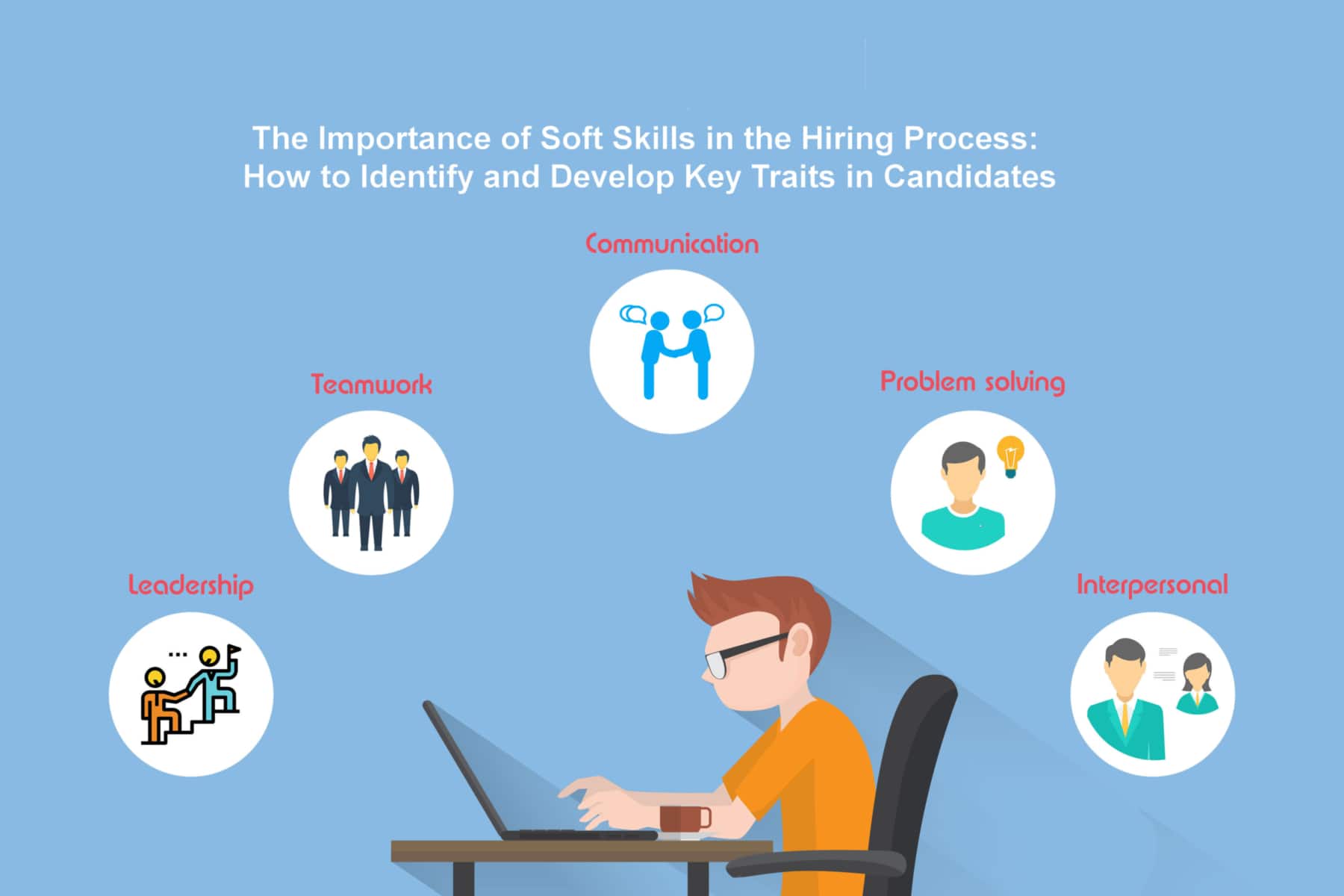In today’s competitive job market employers are realizing more the importance of soft skills when hiring. While technical expertise and qualifications are important it’s often the soft skills that set candidates apart, from the rest.
From communication to problem solving and teamwork these interpersonal qualities are crucial for success in any workplace setting. So, what do we mean by soft skills? In terms they are attributes, personality traits and communication abilities that help individuals interact effectively and harmoniously with others.
Unlike hard skills which’re measurable abilities like technical proficiencies or academic achievements soft skills can be more subjective and challenging to quantify. However their influence on relationship building and overall achievement cannot be underestimated.
Here’s why soft skills make a difference
-
Effective Communication
Clear and concise communication lies at the core of every team and project. Candidates who can express their ideas clearly actively listen to others. Adjust their communication style based on audiences are highly valuable, to any organization.
During interviews observe how candidates communicate – do they express themselves clearly? Do they actively listen to others. Respond appropriately?
When searching for candidates it’s important to look for individuals who excel in both nonverbal communication skills along, with the ability to express themselves clearly in writing.

-
Collaboration and teamwork
collaboration and teamwork play an important role in todays interconnected society. Candidates who showcase empathy, respect and a willingness to collaborate effectively contribute to creating an efficient work atmosphere.
It’s beneficial to seek candidates with team experience and examples of teamwork. Evaluating their conflict resolution skills ability to compromise and supportiveness towards colleagues is also essential.
-
Adaptability and flexibility
Adaptability and flexibility are attributes required in todays changing world. Candidates who can adjust to circumstances tackle challenges positively and maintain flexibility in their approach are better prepared for the uncertainties of workplaces.
-
Problem solving skills
Problem-solving skills are crucial in dynamic work environments. Employers value individuals who can analyze situations critically think creatively and devise solutions for issues.
Every organization encounters obstacles; thus candidates, with problem solving abilities can assess situations effectively identify viable solutions and implement strategies to overcome challenges proficiently.

-
Emotional Intelligence
Understanding and managing emotions, along with showing empathy towards others play a role in intelligence. Individuals who exhibit intelligence are better equipped to handle conflicts, foster strong relationships and navigate interactions with poise and tact.
Given the significance of soft skills the question arises; How can employers spot and nurture these qualities in job applicants during the recruitment process?
-
Behavioral Interviewing
Instead of emphasizing technical expertise incorporate behavioral interview questions that evaluate candidates interpersonal skills. Pose queries that encourage candidates to recount instances where they showcased communication, teamwork, problem solving abilities and adaptability in previous positions.
-
Assessment Tools
Make use of assessments and personality tests to objectively assess candidates interpersonal skills. These tools offer insights into individuals communication styles, personality traits and emotional intelligence.
-
Reference Checks
Contact candidates references to gain an understanding of their soft skills in action. Pose questions about the candidates competencies like teamwork ability, adaptability and interactions with others to gather feedback from past colleagues and supervisors.

-
Training Programs
Invest, in training initiatives that focus on enhancing employees interpersonal skills.
Organize workshops, seminars and coaching sessions to support employees in improving their communication, teamwork and problem solving skills.
Lead, by setting an example; Cultivate a work environment that values skills. Demonstrate communication, empathy and collaboration in your interactions with coworkers and team members.
Conclusion
Although technical knowledge and credentials are crucial it’s often the soft skills that play a role in an individual’s success at work.
Recognizing the importance of soft skills, during recruitment process and taking measures to identify and nurture these qualities in potential candidates can help employers create stronger teams that can achieve remarkable success.
By focusing on communication, teamwork, and problem-solving skills, organizations can create a strong and collaborative team that is equipped to navigate the challenges of the modern work environment.





